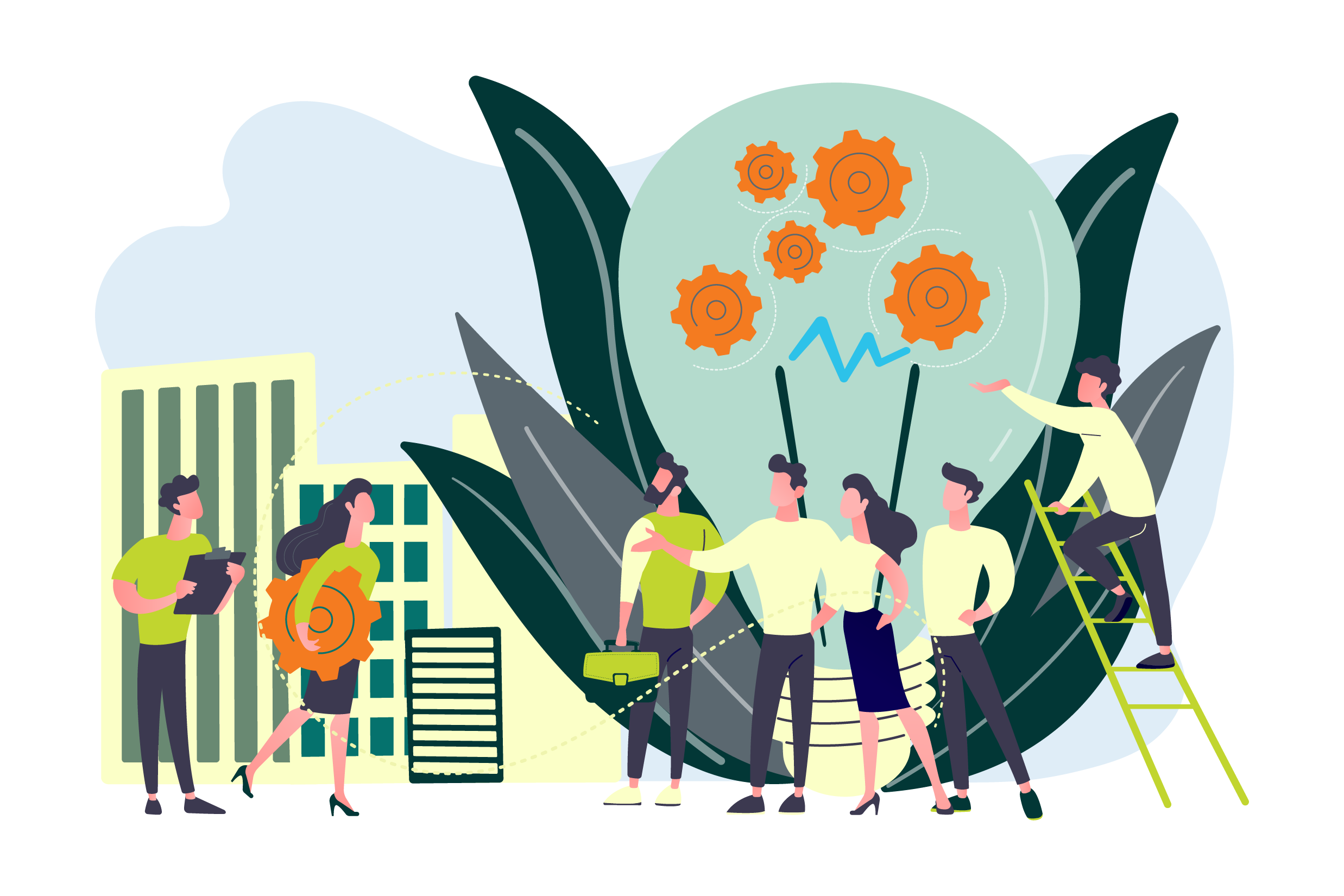As Pride Month 2024 approaches, it’s essential for businesses to reflect on their commitment to diversity and inclusion, particularly regarding the LGBTQ+ community. Building an inclusive workplace is not only a moral obligation but also a strategic advantage. Understanding where we currently stand is crucial to addressing what truly matters.
In this blog, we discuss why Pride inclusion matters, the challenges faced by LGBTQ+ individuals in the workplace, and practical steps businesses can take to ensure a supportive and welcoming atmosphere for all employees.
What is Pride Month 2024?
Pride Month, celebrated globally every June, commemorates the 1969 Stonewall riots and serves as a time to honor the LGBTQ+ community’s resilience, celebrate their identities, and advocate for equal rights. For businesses, it offers an opportunity to visibly demonstrate their commitment to diversity and inclusion, both internally and externally. Engaging in Pride Month activities showcases solidarity, enhances brand reputation, and attracts top talent.
The Current Situation on LGBTQ+ Inclusion
To truly understand how initiatives can impact Pride Inclusion in the workplace, it is important to measure it with numbers. Here are some general statistics about the current state of Pride Inclusion in North America:
- More than 1 in 4 Gen Z adults identify as LGBTQ+: Approximately 28% of Gen Z adults identify as LGBTQ+. Despite their significant presence in the workforce, LGBTQ+ workers earn significantly less than their heterosexual peers.
- 1 in 3 LGBTQ Americans report discrimination affecting their career development: Despite increasing emphasis on diversity, equity, and inclusion (DEI), LGBTQ Americans continue to face workplace discrimination.
- 1 in 3 LGBTQ employees have left a job due to lack of inclusion: Many LGBTQ employees do not feel comfortable at work, leading to higher turnover rates.
- 1 in 2 LGBTQ workers in the US are not out to their supervisors: A majority of LGBTQ employees do not feel safe being their authentic selves at work.
While many employers support diverse and inclusive workplaces, challenges and barriers persist. As of 2021, 83% of organizations had implemented some form of DEI action. So, why are these issues still prevalent in 2024?
The Importance of Diversity and Inclusion
Diversity and inclusion are not just buzzwords; they are foundational to a thriving workplace culture. When employees feel valued, respected, and included, they are more engaged, innovative, and productive. Embracing diversity fosters creativity and problem-solving by bringing together individuals with different perspectives and experiences. Moreover, it reflects the diverse customer base businesses serve, leading to a better understanding and connection with consumers.
Alleviating Challenges and Promoting Inclusion
Businesses have a pivotal role in creating an inclusive environment where LGBTQ+ employees feel safe, supported, and empowered to thrive. Here are some actionable steps you can take:
- Implement Inclusive Policies: Establish and regularly review formal anti-discrimination and harassment policies that explicitly include sexual orientation, gender identity, and gender expression.
- Use Gender Neutral Language: Ensure all policies and communications are inclusive of all gender identities.
- Provide Training at All Levels: Offer education on discrimination and harassment policies, respectful language use, and support for those experiencing discrimination or harassment.
- Measure progress: Use metrics to assess the impact of your inclusion policies and programs and adjust them as needed.
- Lead by Example: Leadership commitment is crucial in driving cultural change. Executives should visibly champion diversity and inclusion initiatives, hold themselves and others accountable for creating an inclusive environment, and actively listen to the experiences and needs of LGBTQ+ employees.
Making an Impact Together
Creating a workplace where everyone can bring their authentic selves to work requires collective effort. Employees at all levels can contribute to fostering Pride inclusion by:
- Educating themselves about LGBTQ+ issues and history.
- Being respectful and mindful of pronouns and identities.
- Speaking up against discrimination and advocating for inclusive practices.
- Celebrating diversity and actively participating in Pride Month events and initiatives.
Pride inclusion is more than a checkbox on a diversity checklist—it’s a journey toward building a more equitable, supportive, and innovative workplace culture. By embracing diversity and fostering inclusion, businesses empower their LGBTQ+ employees and position themselves as agents of positive change in society. As we celebrate Pride Month 2024, let’s reaffirm our commitment to creating workplaces where everyone feels seen, heard, and valued, regardless of who they are or whom they love.





